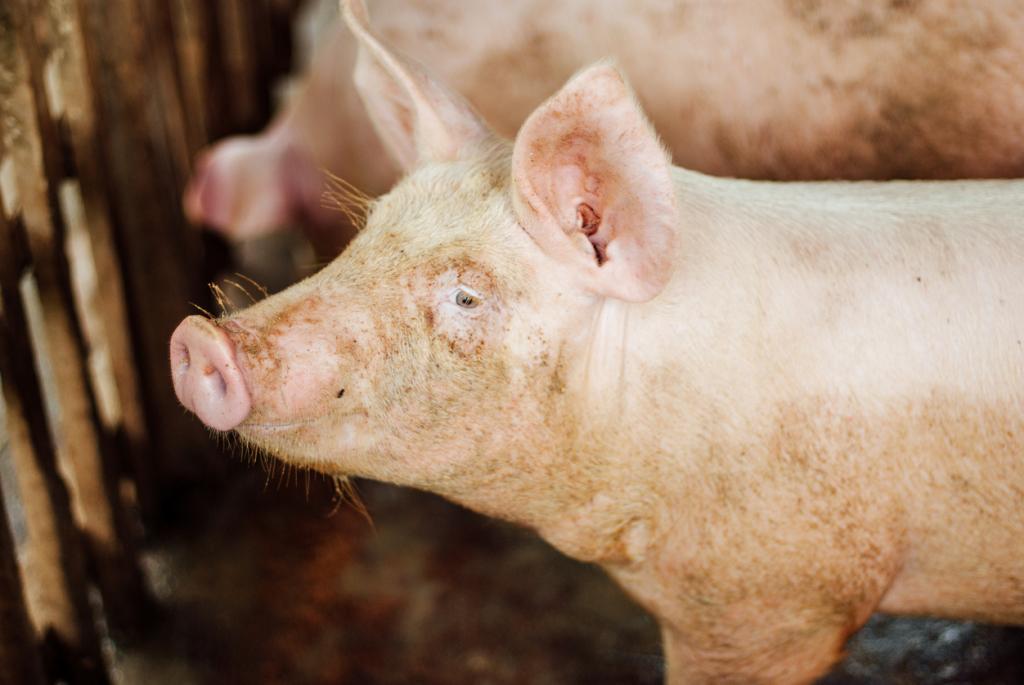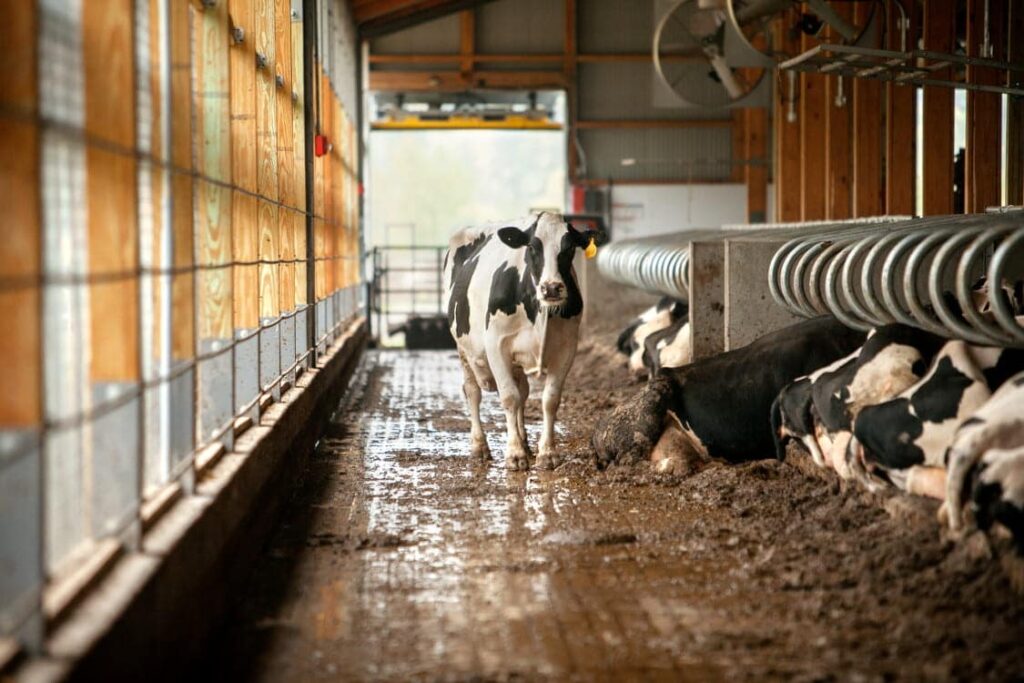Securing Our Farms: The Vital Importance of Farm Biosecurity

Today, in a world where agriculture plays an essential role in supporting our ever-growing populations, the importance of biosecurity in agriculture has become a vital element to ensure the productivity and health of farms. Due to the continuous threat of rising diseases, invading pests as well as environmental issues and threats to biosecurity, the necessity of implementing effective measures is more important than ever. This article examines the significance of biosecurity on farms and the crucial practices farmers and other stakeholders should follow in order to safeguard their livelihoods.
Farm biosecurity is the set of methods and guidelines designed to avoid or manage the spread and introduction of pests, diseases and contaminants that can be found on farms. It covers a wide range of methods, which include rigorous hygiene guidelines, efficient control of access to quarantine areas as well as sound monitoring mechanisms. Through these measures farming practices, they reduce the chance of outbreaks of diseases as well as improve animal and plant well-being, safeguard the natural resources and ensure the efficiency and profit.
The maintenance of a strong biosecurity system is essential not just to ensure the well-being and health of livestock and crops but also for the entire economics. Infestations of pests and diseases are devastating which can cause substantial financial losses for farmers as well as the agriculture industry overall. Biosecurity strategies reduce the risk of these outbreaks and reduce the financial impact, as well as making sure that markets are accessible, as well as protecting the integrity of agricultural food products.

An effective livestock disinfected malaysia strategy for farms requires an entire approach that covers different aspects of prevention and control. The most important elements are strict biosecurity guidelines, like periodic cleaning and disinfection of vehicles, equipment, as well as facilities, monitored access to farms and the proper disposal of waste. In addition, the implementation of quarantine protocols in the event of introducing animal or plant species, ensuring the early detection of illnesses as well as implementing vaccination as well as treatment protocols are crucial for maintaining a healthy agricultural setting.
The promotion of biosecurity on farms requires cooperation with industry players, farmers as well as government agencies and researchers. Training programs, information sharing and education campaigns can play an important role in creating awareness about biosecurity methods and promoting their use. Through fostering a culture of biosecurity, farmers will gain from shared knowledge of experiences, resources, and experience which reduces the chance of outbreaks of diseases and increasing resilience to disease in the farm.
In the production of livestock, keeping biosecurity is vital to avoid spreading and introducing disease. Methods like separating sick animals, using successful vaccination programs, observing livestock health and regulating the movement of livestock could drastically reduce the likelihood of transmission. Additionally, addressing biosecurity threats related to feed, water sources, and garbage disposal is essential in order to provide a safe and safe environment for livestock.
Leave a Reply